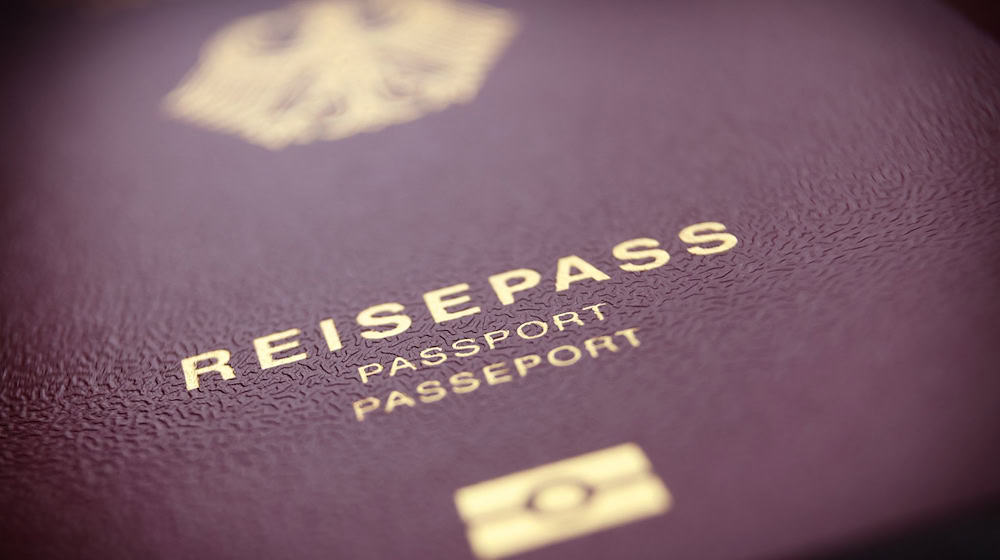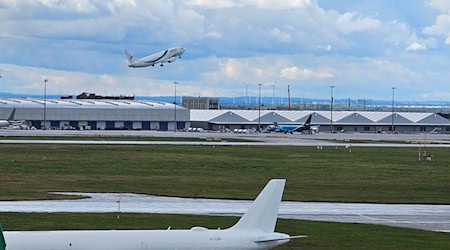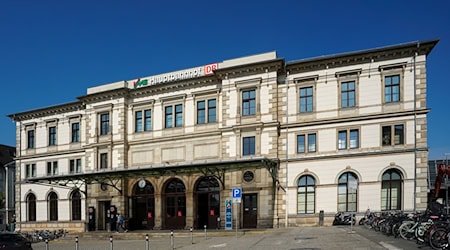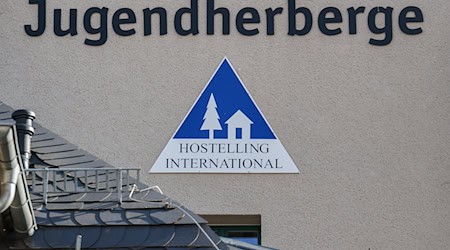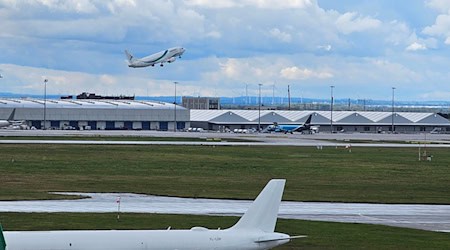Whoever applies for a new passport still has to put up with longer waiting times than used to be the case. This was the result of an inquiry to several local authorities in Saxony. Although there is no legally guaranteed duration for the issuing of a passport, the processing time has increased significantly, the city of Leipzig announced. "We can confirm a current delivery time of around six weeks."
The city of Chemnitz reported a processing time of eight to nine weeks. The state capital of Dresden stated that production times vary. Normally, the delivery time was between two and four weeks. However, according to the Federal Ministry of the Interior, an unusually large number of passports were applied for this spring and summer. This has led to a backlog at Bundesdruckerei.
Backlog cleared at Bundesdruckerei
In October, the average production time for a passport was 25.4 working days, explained the Federal Ministry of the Interior. However, the backlog has now been completely cleared, meaning that shorter delivery times can be expected again. New machines at the Federal Printing Office should permanently improve the situation from the beginning of next year.
There are currently thousands of people waiting for their new passports in Saxony's major cities. As of mid-November, almost 2,000 passports were being processed in Dresden, around 1,700 in Leipzig and just under 600 in Chemnitz.
According to the Federal Ministry of the Interior, there were several reasons for the extraordinary boom in orders for new passports. Firstly, interest in long-distance travel has increased significantly, and secondly, a number of passports expired during the pandemic and have only now been reapplied for. Brexit and the associated passport requirement for travel to the UK also led to more applications. The number of naturalizations is also increasing.
Copyright 2024, dpa (www.dpa.de). All rights reserved

